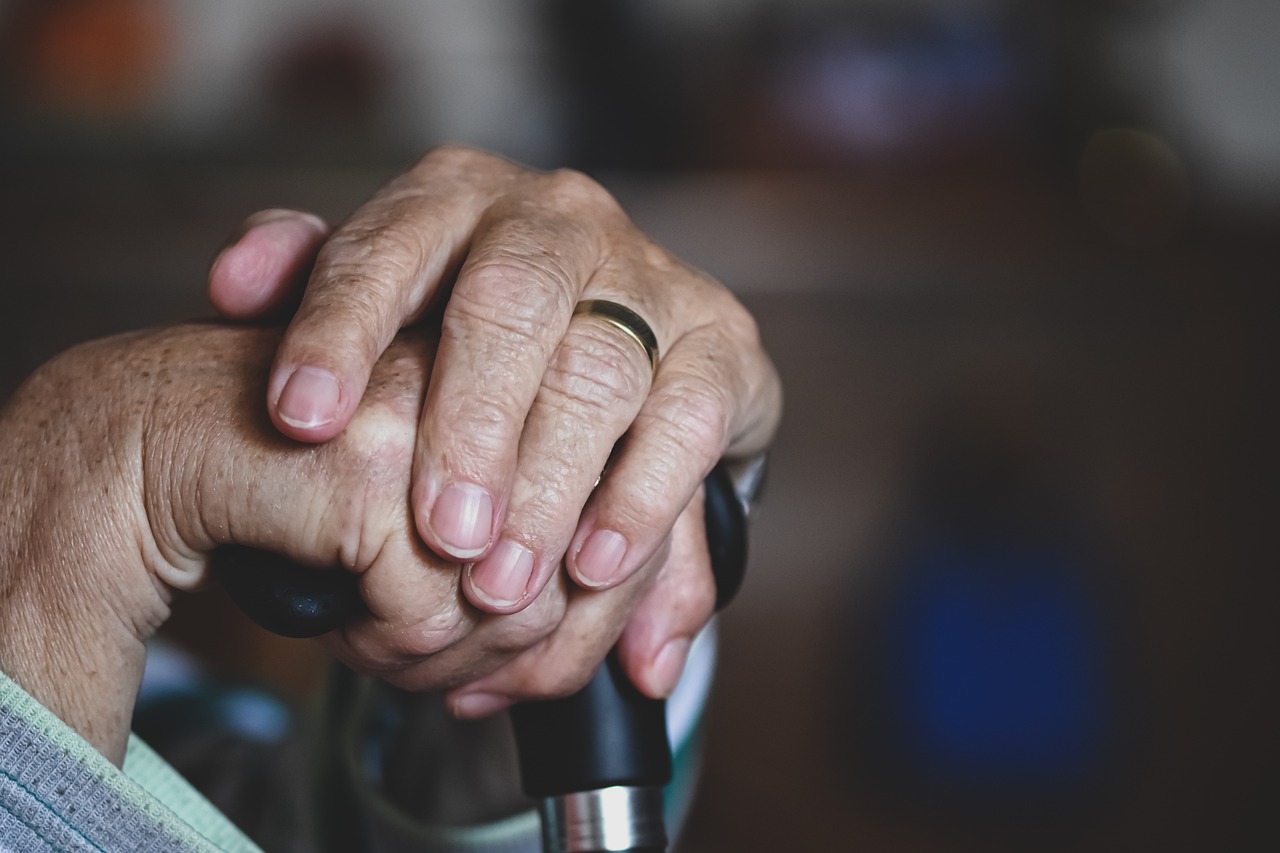Now Reading: How to Hold Nursing Homes Accountable for Abuse
-
01
How to Hold Nursing Homes Accountable for Abuse

How to Hold Nursing Homes Accountable for Abuse
Nursing homes are often entrusted with caring for some of the most vulnerable people in our society. Unfortunately, cases of neglect and abuse still occur in these facilities. If this happens, understanding the right course of action is important. Holding nursing homes accountable for abuse is not only about seeking justice, it’s also about preventing future recurrences. Whether you’re a concerned family member or advocate, here is how to achieve this.
How Does Abuse Occur in Nursing Homes?
Abuse in nursing homes can take many forms; it may be physical, emotional, sexual, or financial. It occurs when caregivers harm or neglect residents in these long-term care facilities. This abuse can be intentional or unintentional, but it leads to trauma, medical issues, or death. Nursing home abuse occurs due to the following issues:
- Understaffing
- Caregiver burnout
- Improper training
- Inadequate supervision
- Poor facility management
These factors can cause staff to take out their job stresses on those they are supposed to be caring for. Caregivers may also fail to respond promptly to urgent situations, which can result in harm.
Holding Nursing Homes Legally Accountable for Abuse
While reporting abuse in a nursing home can be helpful, you must also explore other helpful options, such as legal action. This might be a solid alternative, especially if the abuse led to a personal injury. Here are the steps to take.
Report the Occurrence
Before proceeding with the legal steps, report the neglect or abuse to the relevant authorities. Notify the facility’s management and escalate the issue to local adult protective services or the local police department. Reporting these incidents ensures that they are investigated and creates a legal record.
Document the Abuse
Thorough documentation is important for holding nursing homes legally accountable for abuse. Record the dates, times, and detailed descriptions of the incidents, including the noticeable physical and emotional changes. Collect other pieces of evidence, including:
- Pictures of the injuries
- Medical records
- Incident reports
- Witness statements from staff or other residents
Consult with a Nursing Home Abuse Lawyer
Navigating these kinds of lawsuits can be complex, which is why you should consult an attorney with experience in nursing home abuse. An experienced attorney can thoroughly assess the case, clearly explain your rights, gather relevant evidence, and effectively navigate the complex laws.
File a Lawsuit
You may decide to file a formal lawsuit if you cannot resolve with the nursing home. A lawsuit enables victims and their families to pursue compensation for medical expenses, pain, and emotional distress. Lawsuits also expose negligence, prompting reforms. With legal support, you can present evidence and push for justice.
Reach a Settlement or Go to Trial
Most nursing home abuse cases are settled out of court, and these settlements can offer a quicker resolution and compensation without the need for prolonged court battles. However, going to trial may help to prove abuse and neglect if the facility denies wrongdoing. Trials may lead to larger awards and public accountability.
Endnote
Nursing home abuse cases are still popping up, causing physical, emotional, and financial harm to residents. Holding these facilities accountable involves reporting the occurrence, documenting the abuse, consulting an attorney, filing a lawsuit, reaching a settlement, or going to trial.










